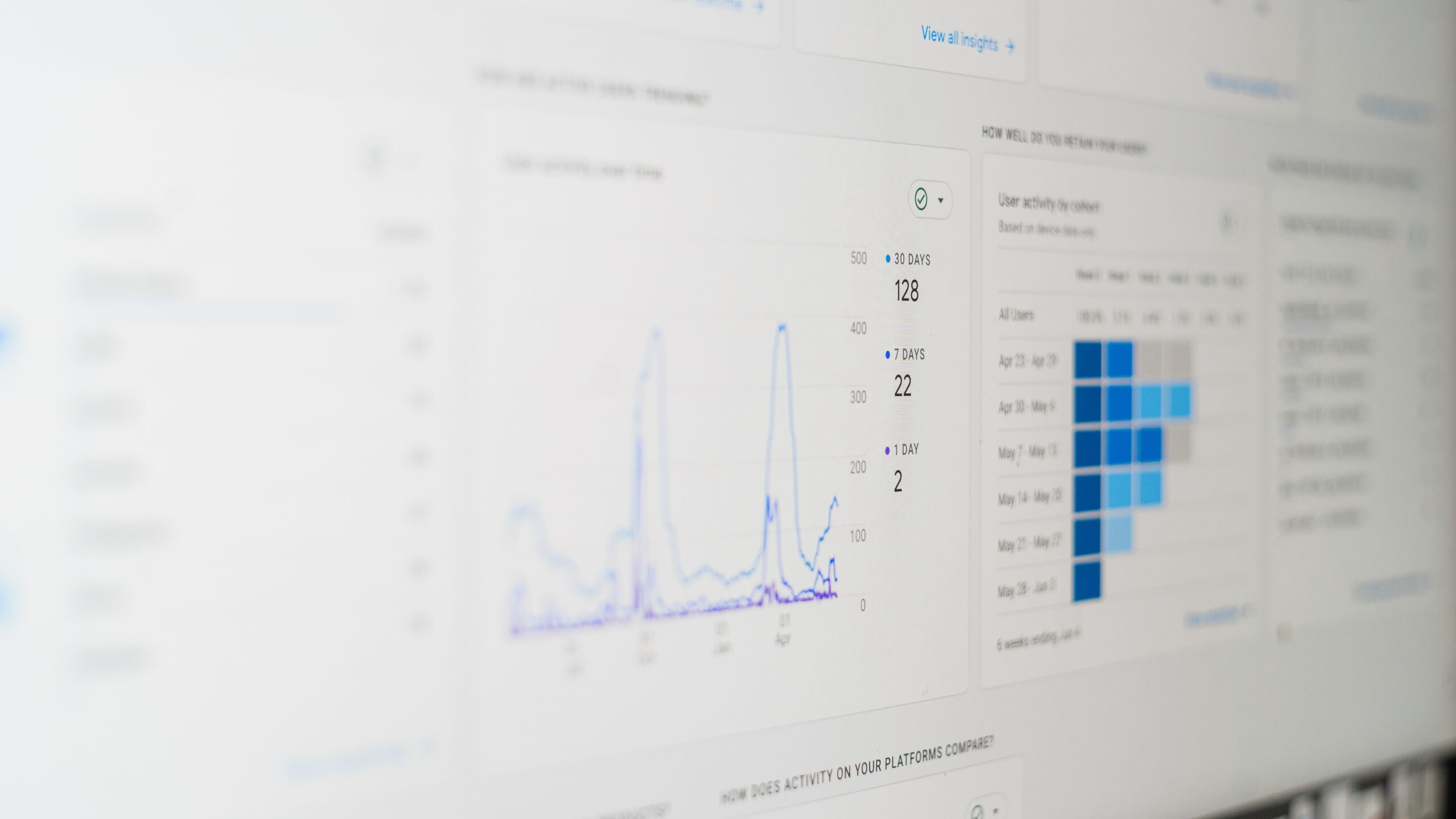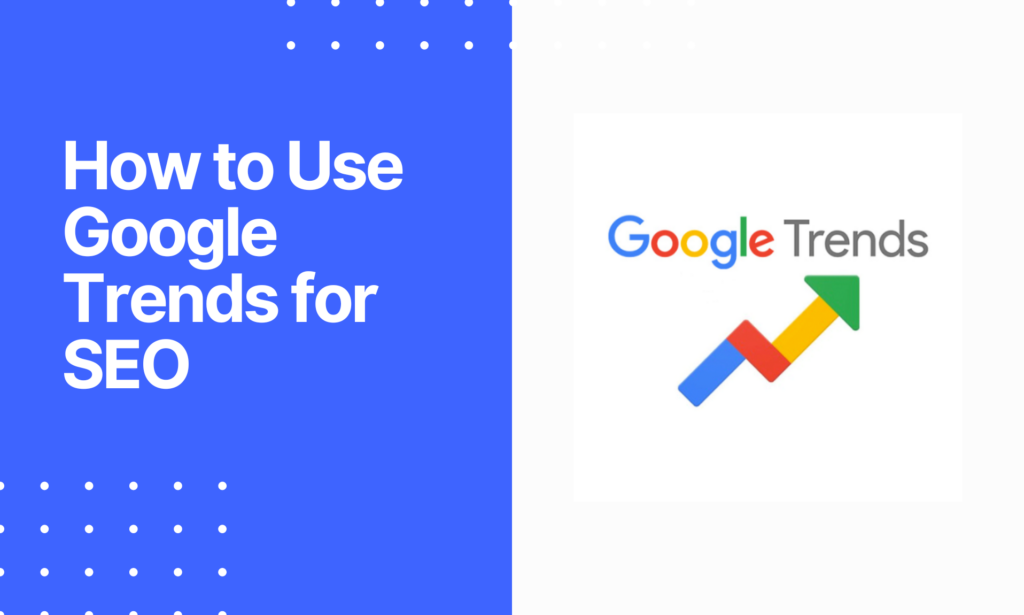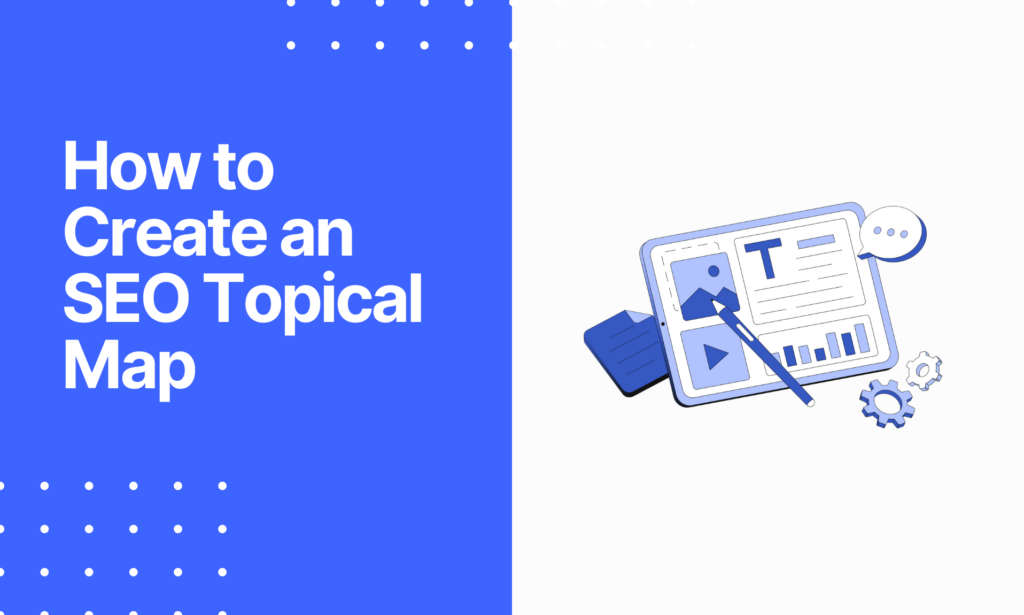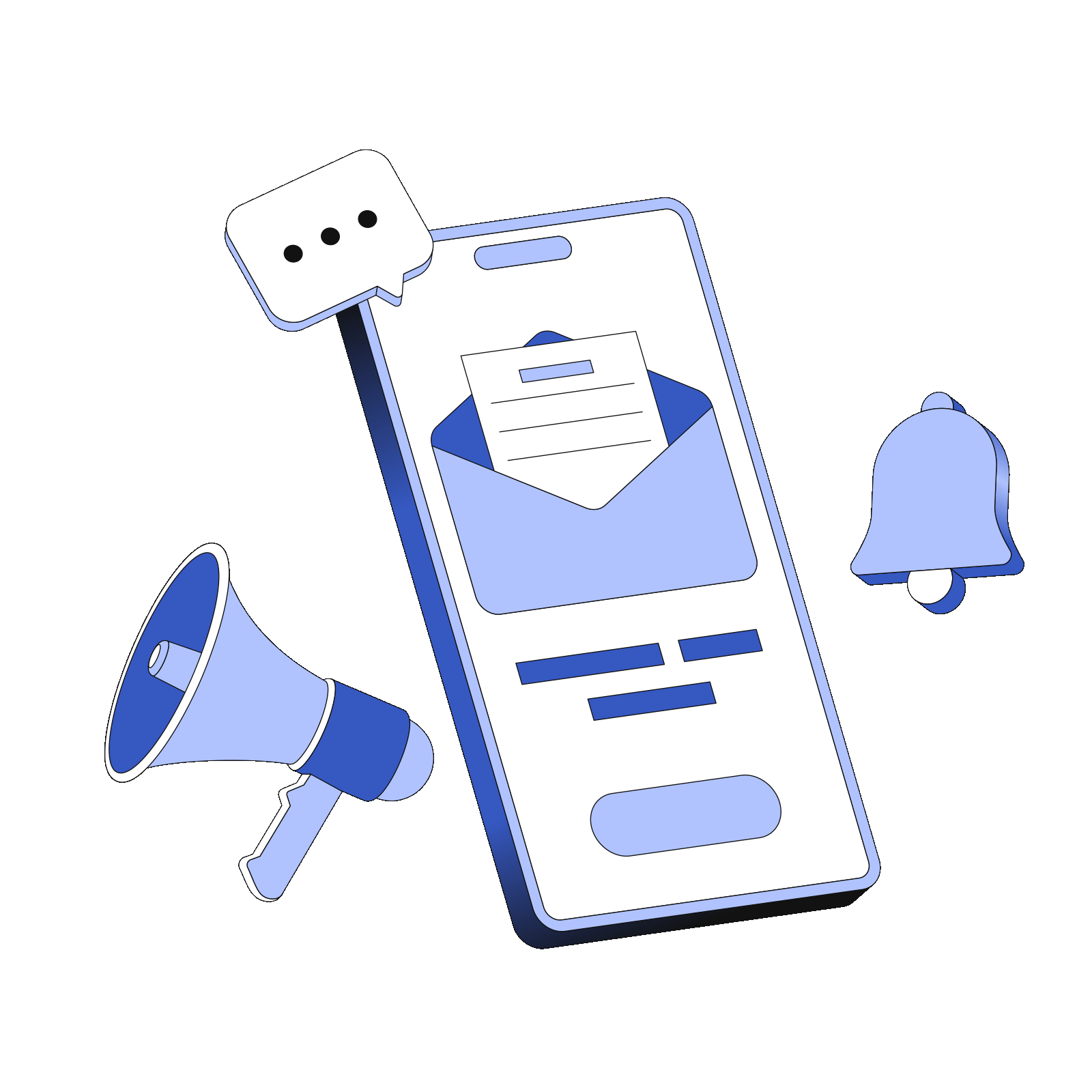Artificial intelligence has emerged as a transformative force across industries and business functions, and search engine optimization is no exception.
As AI capabilities in natural language processing, machine learning, and data analytics continue to advance, SEO experts can harness automated tools to streamline campaigns and drive more targeted strategies informed by data insights that were previously unattainable.
This article explores what AI-powered SEO entails, applications of AI in SEO today, and predictions for the future in this fast-evolving landscape.
What Is AI-Powered SEO?
AI-powered SEO leverages artificial intelligence technologies to automate and enhance processes like keyword research, content optimization, analytics tracking, link building, and site audits.
Unlike rule-based software, AI-powered SEO tools can analyze massive datasets, identify patterns and insights, learn from experience, and adapt recommendations over time.
While AI cannot completely replace human strategists, these tools excel at tirelessly processing raw data into actionable search, content, and website optimization steps.
By handling repetitive tasks, AI systems let SEOs focus their expertise on high-level strategy, priority-setting, and impactful optimizations requiring discernment and creativity.
Join 900+ to receive a weekly SEO video from my YouTube channel, which I’ll share, and an actionable SEO tip every week.
Benefits of Using AI in SEO
Several advantages emerge from integrating artificial intelligence into SEO workflows:
Automating Tedious Tasks
Mundane activities like tracking rankings, aggregating analytics, and scanning web pages are prime functions for AI automation based on protocols.
Software bots can continuously execute repetitive tasks humans find mind-numbing.
Generating Optimized Content
Using datasets of high-performing on-page content as training models, AI tools can research topics, analyze competing pages, suggest related keywords, and produce optimized drafts for conversions and clicks.
Though AI copywriting platforms require oversight and editing from experts, they help accelerate content creation.
Analyzing Data and Identifying Insights
While business intelligence software has long collected user data, machine learning algorithms process exponentially more signals and run large-scale multivariate tests.
They also help pinpoint causal relationships from correlative data. These capabilities help tailor SEO and web experiences to user needs.
Continuously Improving Rankings

SEOs target a moving mark as search algorithms and ranking factors constantly shift.
Neural networks continually ingesting the latest data from Google can adjust recommendations and predict new optimizations to improve organic visibility.
Enhanced Productivity for Strategists
As AI handles tedious chores, human experts gain time to focus on industry research, emerging search updates, and translating analytics into initiatives aligned with business goals.
This prioritization elevates the SEO function.
Current Applications of AI in SEO
Several impactful AI tools have emerged to optimize specific SEO workflows:
Keyword Research
Tools like Semrush, Ahrefs, and Ubersuggest analyze search volumes, keyword difficulty, and optimization opportunities through machine learning models.
Their organic clickstream data and competitiveness analysis aid SEOs in discovering valuable untapped keywords.
Suggestions continuously improve as neural networks process more linguistic connections and search intent signals.
Content Creation
Koala AI, Jasper, and other writing assistants use natural language processing to transform outlines and data into complete, coherent draft posts and descriptions.
By studying high-performing content and grammar conventions, these tools optimize pages for readability, sharing, and search visibility based on targeted topics and keywords.
Link Building

Software like Pitchbox, Buzzstream, and GroupHigh scout the web for authority publications, assess domain authority metrics, and even draft personalized outreach emails.
By tracking performance over time, the tools refine pitches and improve your results in earning high-quality backlinks.
Site Audits
On-page optimization impacts search visibility, and site crawlers like Sitebulb and Lumar (formerly Deepcrawl) identify issues affecting crawlability and indexation.
After benchmarking pages against technical SEO best practices and quality guidelines, these automated auditors flag threats from duplicate content to excessive load times.
Performance Tracking
Ongoing rank tracking, clickstream analysis, and conversion tracking gauge SEO success and inform strategy.
Platforms like Botify, Moz, and SearchMetrics apply machine learning to digest signals at scale, gauge content resonance, and recommend performance optimizations tied to business KPIs.
Emerging Capabilities of AI-Powered SEO
In addition to the established AI applications above, some emerging capabilities show great promise:
Predictive Analytics
New tools can forecast traffic levels, conversion rates, and revenue potential for targeted keywords and pages based on historical performance data.
These insights allow SEOs to optimize pages most likely to yield future wins.
Multivariate Testing
By automating A/B and multivariate tests of on-page elements at scale, machine learning expedites finding page variations that lift engagement metrics.
SEOs save immense time over manual trial-and-error.
Voice Search Optimization
As voice queries rise, AI can optimize content for conversational search and speech results. Tools assess word choice, tone, sentence length, and formatting for engaging audio results.
Limitations and Challenges
Despite their transformative potential, AI-powered SEO tools have inherent limitations, including:
Data Quality and Bias Issues

If the dataset used to train machine learning models lacks diversity or contains skewed samples that don’t generalize, the resulting recommendations will be suboptimal or misleading.
Moreover, human biases encoded into algorithms must be proactively addressed.
Lack of Creativity
While AI exceeds human capacity for computational tasks, only strategists can make intuitive leaps and inject innovative ideas.
AI is limited by its training data and is unable to reimagine approaches.
Ongoing Maintenance Needs
Like any software, AI systems need monitoring from engineers and analysts to address bugs, upgrade capabilities, and meet evolving search requirements.
These tools don’t run on true “autopilot.”
Best Practices for Leveraging AI Successfully
Harnessing AI presents learning curves, but following several best practices helps brands maximize their SEO potential:
- Laser Focus Objectives – Rather than overextending capabilities across all campaigns at once, narrowly target pain points where AI automation adds the clearest value based on business priorities. Focus resources on refining that integration before expanding the scope.
- Clean Datasets – Carefully structured, complete, and bias-free training data enhances algorithm recommendations dramatically. Prioritizing data hygiene is worth this front-loaded effort.
- Validate Correlations – If an AI tool promises certain outcomes based on opaque signals, seek to independently validate proposed correlations through A/B testing and measurement before acting solely on black-box insights. Think critically!
- Customize Platforms When Possible – Leverage open APIs and user inputs to tailor default settings to your industry, region, and unique business needs for enhanced relevance.
- Compare Across Vendors – Contrast insights from two vendors’ keyword research or link analysis tools to make the wisest choices from sometimes divergent perspectives.
- Upskill Teams – Ensure analysts can contextualize AI inputs rather than blindly follow them, and creative teams understand how to optimize content for machine learning.
As SEO teams adopt artificial intelligence systems, workflows, and team structures must adapt accordingly. Rather than position AI tools as experimental special projects, integration works best when platforms become core infrastructure used daily by all strategists.
3 Best AI-Powered SEO Tools
Among the many AI writing tools available, Koala AI, SurgeGraph, and ChatGPT stand out as exceptional choices for SEO professionals.
Koala AI: An AI Copywriting Tool That Delivers
Koala AI is a powerful AI copywriting tool that can help you create high-quality content quickly and easily. It uses GPT4 and GPT3.5 to generate content that is both informative and engaging.
Koala AI also includes a number of other features, such as keyword research and image generation, that can help you improve your content creation process.
Pros
- High-quality output with less to no effort
- Create images and do keyword research with KoalaChat
- Create product roundup articles from Amazon with ease
- Create bulk articles
- You can choose the point of view for your articles
Cons
- Bland user interface design
- KoalaChat is a bit bland compared to KoalaWriter
- The introduction is too long in some cases
Koala AI is a great tool for anyone who wants to create high-quality content quickly and easily. It is especially helpful for bloggers and marketers who need to create a lot of content on a regular basis.
SurgeGraph: Powerful AI Content Optimization
SurgeGraph is an AI SEO tool that helps you create and optimize content for search engines. The Keyword Research Tool helps you find relevant keywords with low competition and high potential traffic.
The Content Writing Tool helps you generate long-form content that is optimized for your target keywords. The Keyword Planner Tool helps you create keyword clusters to improve your topical authority.
SurgeGraph is a valuable tool for any business that wants to improve its SEO. It is easy to use and affordable, and it can help you create high-quality content that will rank well in search engines.
Pros
- Easy to use
- Affordable
- Can help you create high-quality content
- Can help you improve your topical authority
Cons
- The AI writing tool sometimes generates too long of an introduction
- The keyword research tool is missing filtering options
- Can't run a competitor analysis and see keywords your competitor is ranking for
ChatGPT: A Versatile Conversational AI Chatbot
This conversational AI chatbot from OpenAI represents a versatile SEO assistant that can be prompted to generate optimized content drafts, research target keywords, suggest link-worthy topics and sites, and answer technical questions.
Pros
- Generates creative and engaging content
- Understands and responds to natural language prompts
- A versatile tool for various SEO tasks
Cons
- Accuracy and consistency issues
- Limited technical SEO capabilities
As the AI model trains on more diverse data, including the latest search updates, it becomes an increasingly powerful SEO advisor at your fingertips at any hour. Its free access grants small teams capabilities that only enterprise brands could leverage.
The Future of AI-Powered SEO
As artificial intelligence keeps progressing, SEO strategies will transform dramatically in the following ways:
Predictions for Advancements
Expect unified BI-level platforms that coordinate the growing array of SEO tools for automated cross-channel optimization.
As algorithms advance and computing expands exponentially, AI assistants will also gain more autonomous adaptation capabilities, needing less manual oversight.
Potential Revolutionary Impacts
SEO may pivot from a niche silo to a central driver of digital experiences as AI synthesizes signals, ranks content accordingly, and continually customizes pages to match each user’s journey. Such personalization could mainstream SEO.
Diminishing barriers to AI applications may also let small businesses compete on more even ground.
Role of SEO Experts

AI will elevate strategists from grunt work to guiding strategy, advising executives, and pursuing creative problem-solving while reviewing automated recommendations to ensure alignment.
As software handles optimization, human experts will focus on big-picture goals.
New Skills Needed
To capitalize on the use of AI, future SEOs will prioritize computational thinking, data science, and MarTech stack coordination.
While technical foundations remain relevant, adapting strategies and content to align with AI outputs becomes paramount.
Incorporating empathy, ethics, and inclusivity into algorithms will further distinguish elite practitioners.
Further Personalization and Localization
Sophisticated personalization powered by user-data analysis allows brands to tweak pages in real-time to match individual searchers and locales for a tailored experience.
Moreover, advances in geotargeting and personal intent detection will drive highly customized local SEO.
Wrap-Up
With data-crunching capabilities surpassing human limitations, AI-powered SEO generates unmatched insights, freeing strategists to pursue high-impact initiatives tied to business objectives.
As the technology progresses, innovations like unified platforms, further automation, and seamless personalization could profoundly expand and mainstream SEO beyond its niche status today.
That being said, human oversight remains essential for strategy, compliance, and creative problem-solving amidst this transformation.


